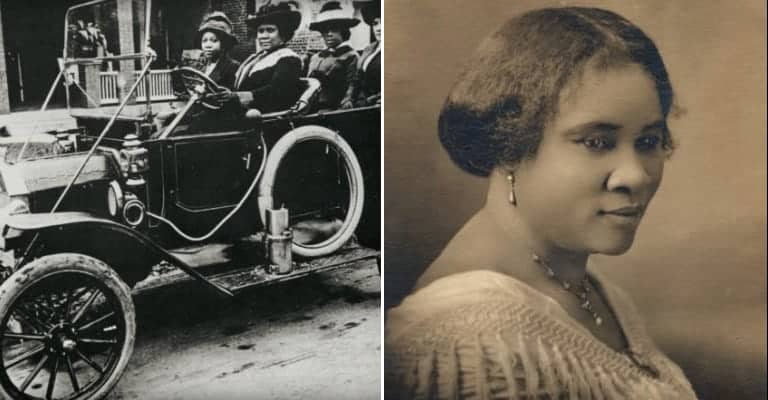Given the United States’ history of racism and sexism, it may surprise many to learn that the first self-made millionaire was a Black woman who started her own company in the midst of the Jim Crow era. Madam C. J. Walker founded a line of hair care products especially for Black women, bearing her name, that became a massive hit in the United States. She had a factory in Indianapolis, Indiana that later was renovated into a theater named after her.
She is still a name of influence in the beauty community, with a Black-owned brand relaunching the Madam C. J. Walker Beauty Culture line in collaboration with her great-granddaughter.


